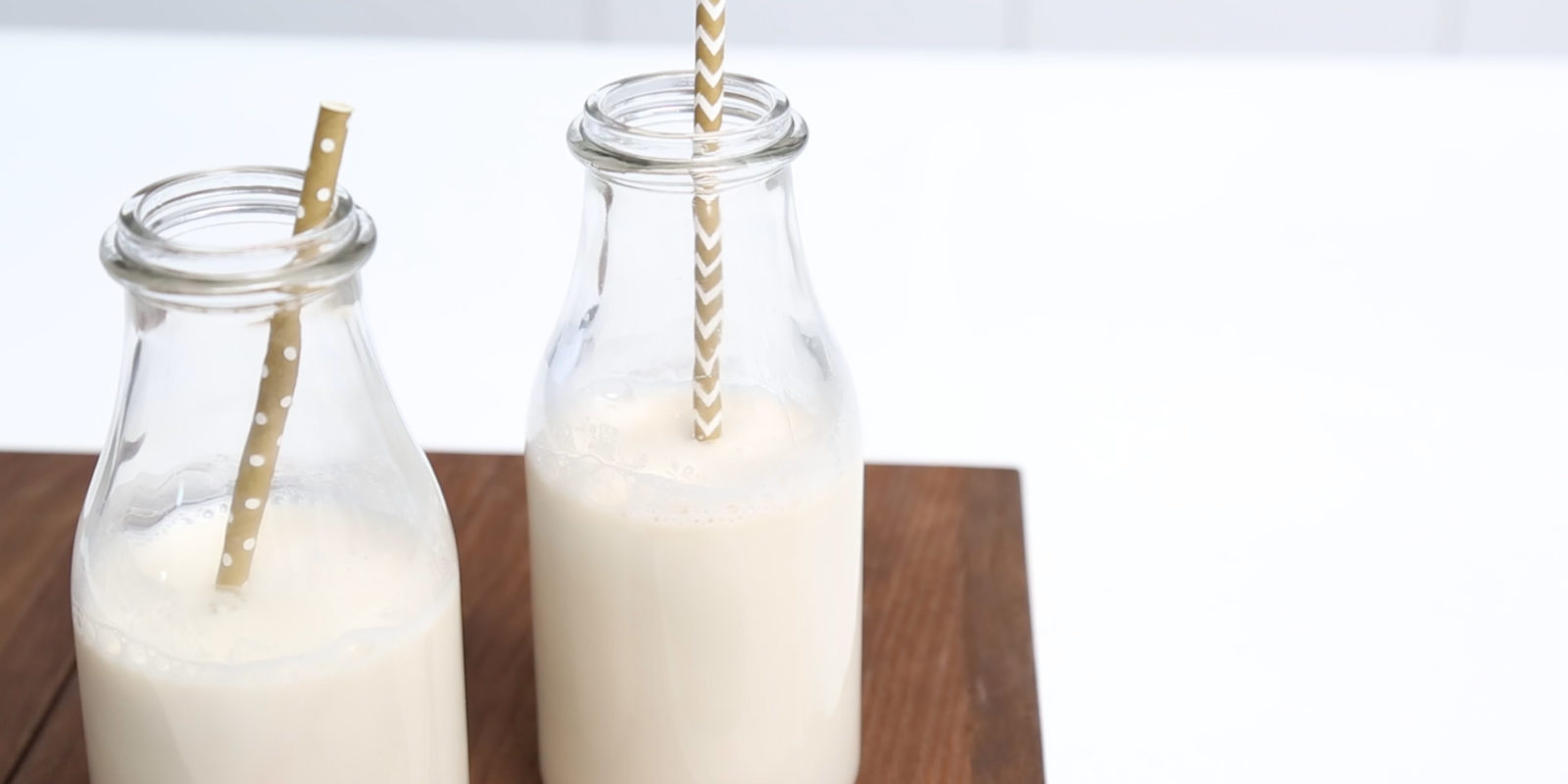
How to Choose the Right Non-Dairy Milk for You
Would you like soy, almond, oat, coconut or rice milk with your latte? Here’s a dietitian’s advice on which are the healthiest.

Thomas J. Story
With so many non-dairy alternatives offered in cafes and restaurants across the country and on grocery shelves, it’s hard to know which way to go. We’re not complaining about the multitude of options—there are plenty of reasons to sub your 2% for a nondairy alternative.
For one, plant-forward dieting is all the rage these days, with fitness experts and dietitians alike touting the benefits of limiting animal-based products in your diet. Malina Linkas Malkani, MS, RDN, CDN, registered dietitian and spokesperson for the Academy of Nutrition and Dietetics, says the prevalence of sensitivities to lactose and casein (the protein found in cow’s milk) are major players in the uptick of the non-dairy trend.
But when making the switch or trying out alternatives in addition to your favorite dairy products, it’s important to note that not all substitutes are created equal. Personal preferences for flavor and texture needn’t be ignored, but Malkani says nutritionally-speaking, alternatives can vary greatly from one to the next.
Her top picks, to mimic the nutrient-density of dairy milk?
Soy and pea protein milks, which offer similar protein and calcium levels as cow’s milk. Though past studies once linked soy milk consumption to increased cancer risk, Malkani says the most recent evidence says otherwise. Meanwhile, pea protein is an equally-nutritious option (up to 10 grams of protein per cup!), and is safe for people with dairy, soy and nut sensitivities.
